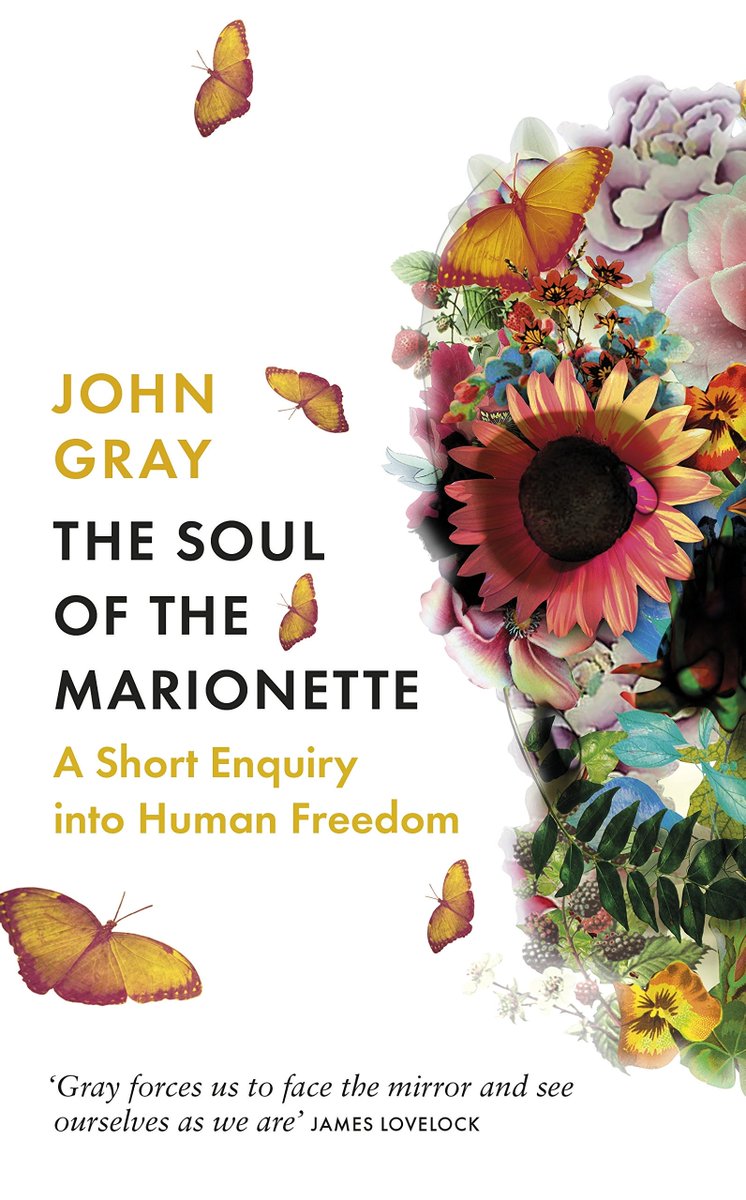Guest speakers Aaron Hyman and Dana Leibsohn gave the students 90 minutes to work with two books: Thomas Harriot's 'Briefe and True Report' (Frankfurt, 1590) and a facsimile of the Codex Boturini (1/3)
Most undergraduate students do not know: how to request a rare book, how to visit a reading room, how to use a finding aid, how catalogues get made, how collections are formed. (1/3)
docs.google.com/document/d/1Dc…
... but it's super easy to forget that. I benefited so much from the crowdsourced 'diversify your book history syllabus' reading list:
docs.google.com/spreadsheets/d…
halperta.com/2019-bookhisto…
In place of a final paper, students collectively designed an exhibition using JCB books. The exhibition ended up looking great but I'm even more proud of the work they did thinking together about complicated book history topics 1/2
halperta.com/2019-bookhisto…
halperta.com/2019-bookhisto…




